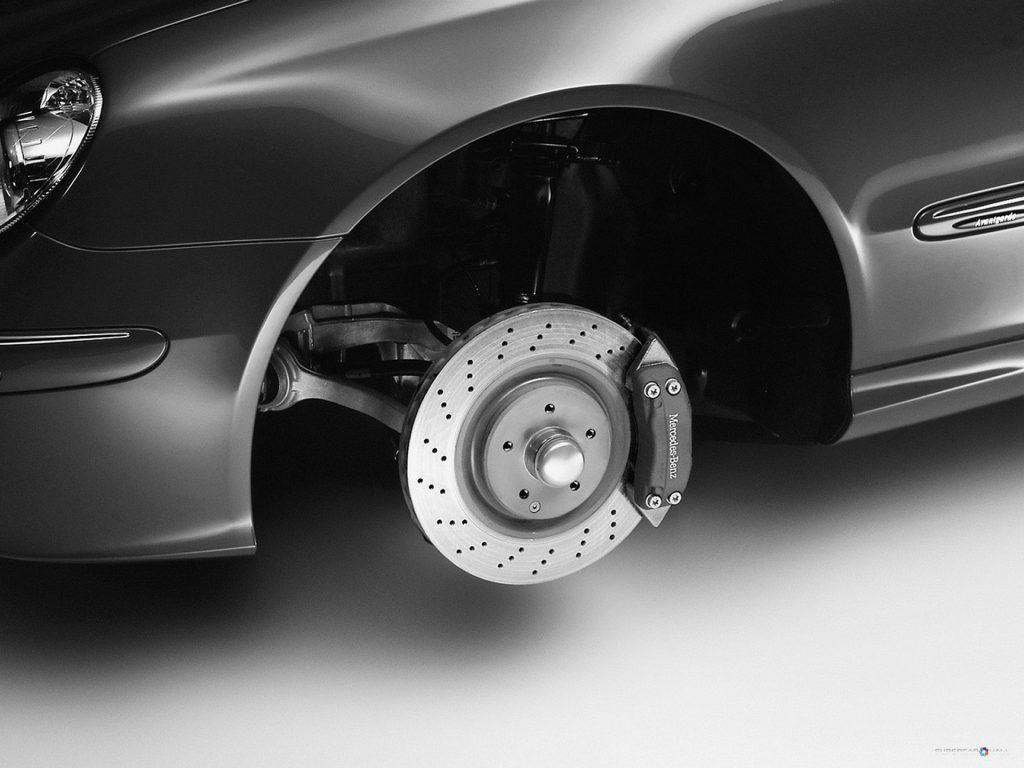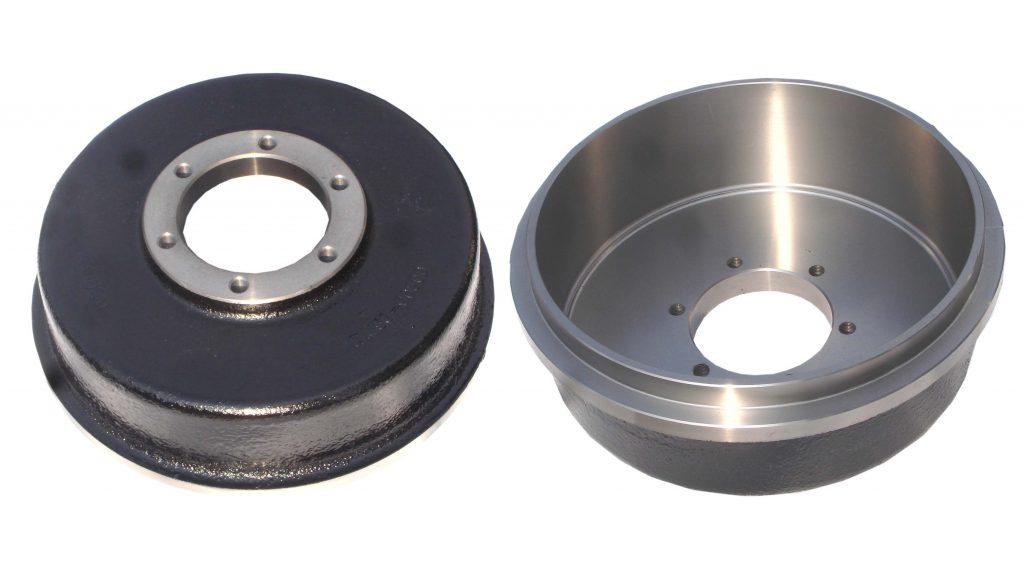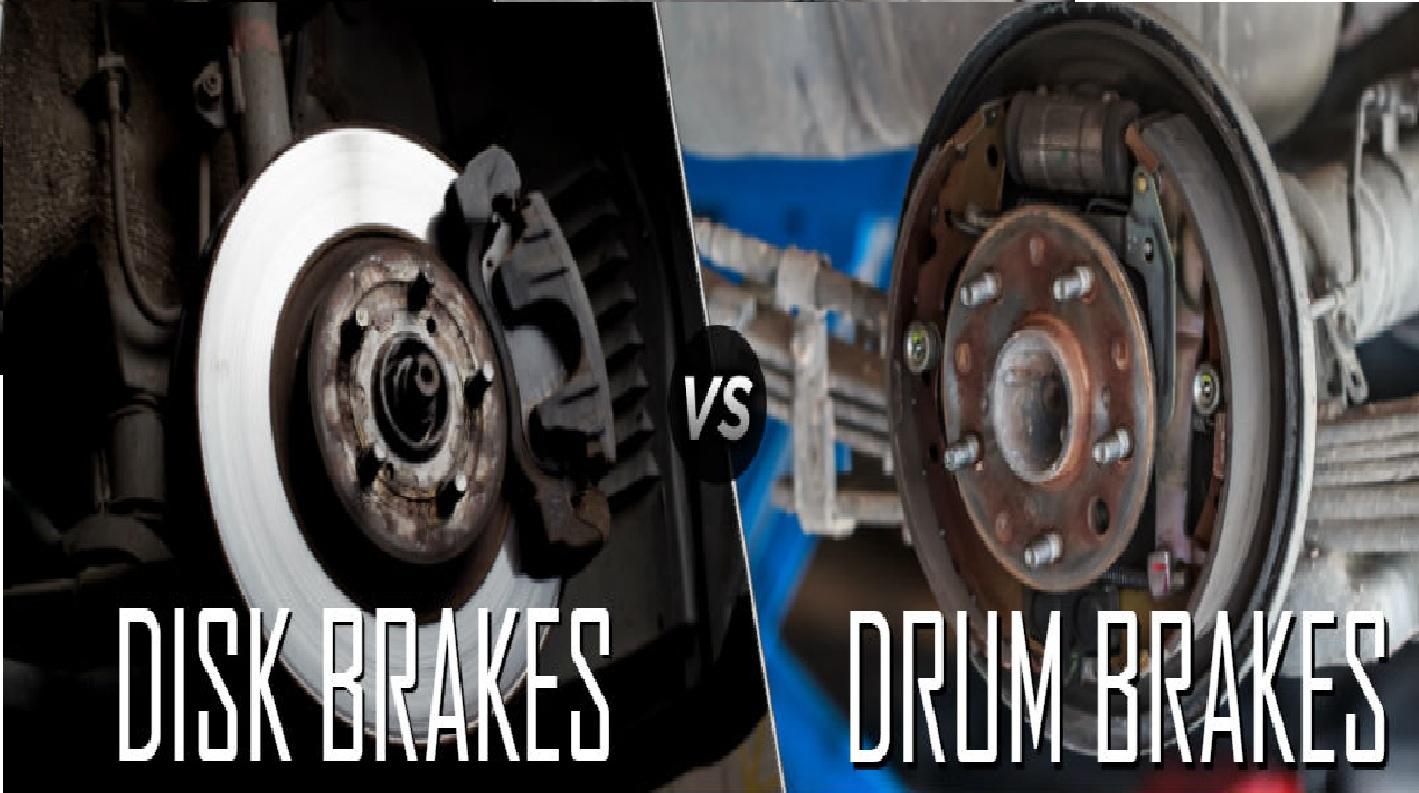Modern braking systems have been a great wonder of technology. Using computers, sensors, and many other engineered parts, these have been able to stop the vehicle safely. However, with the changing trend, some cars use drum brake systems while others have a disc brake in them. So, if you’re looking to change this system in the car, let’s first compare drum brake Vs disc brake, to find the better one.
Contents
Drum Brake Vs Disc Brake: The Ultimate Comparison
For better driving tips, there are certain differences between disc and drum brakes based on their setup, working, and efficiency, which you must know.
Take a look at the video below to see the comparison of Drum Brake Vs Disc Brake
1. Constructional difference
Drum brakes are attached to the wheel’s hub and rotate with the wheel. These are mounted with shoe brakes in such a way that when brakes are applied, the outward motions of brake shoes develop frictional contact with the drum lines. Thus, enabling the vehicle to stop immediately. Whereas, in the case of disc brakes, a caliper is used that is attached to the disc in a way that on applying the brake, the rotating disc is slowed down by the brake pads, which in turn causes the vehicle to stop.
Additionally, in a drum brake, large brake shoes are used for creating frictional contact with the rotating drum lines. And, the brake pads are regulated by the large size hydraulic cylinders placed inside the drum. While, in a disc brake, small brake pads are used for making frictional contact with the disc in rotation. And, to govern the clamping movement of brake pads, small hydraulic cylinders located inside the caliper are used.
Overall, the battle between drum brake vs disc brake here is won by the drum brakes as it has a larger arrangement than the disc brake system.
2. Working difference
In the case of drum brakes, brake oil enters the drum having high pressure and applies it to the pistons of the wheel cylinder forcing the piston to move. With this, the brake shoes move outward and clamp the rotating drum lines.
However, in the disc brake system, when the brake is applied, the piston forces the compressed brake oil to the brake caliper. Creating high pressure, the oil enters the caliper which makes the right and left pads move. With this, the brake shoes move inward and clamp the rotating disc.
-

Comparison of drum brake Vs disc brake. Source: Pro Car Mechanics
See more:
3. Efficiency difference
The rotating wheel receives less or moderate frictional force during the brake applied. That’s why drum brakes are mainly installed in larger vehicles. Another reason is that these brakes can expand in size, which makes them quite efficient according to the requirements of heavy cars.
-

The battle between drum brake Vs disc brake. Source: Internet
When it comes to disc brakes, the rotating wheel gets quite high frictional force because of the contact between the rotating disc and the brake pads.
4. Application difference
Now, as the drum brakes can expand to any large size, therefore, they’re generally used in heavy vehicles like trucks and buses. However, the disc brakes are generally made smaller in size; therefore, these are widely used in two-wheelers like scooters and bikes.
Advantages And Disadvantages Of Disc Brakes And Drum Brakes
Let’s compare the advantages and disadvantages of disc brakes and drum brakes to clearly understand the difference:
Disc brake
Advantage:
- The deceleration and stopping efficiency of disc brakes is much higher than that of drum brakes because of the greater friction force.
- The material used to make disc brakes is heat resistant, has good strength, is very durable, is less likely to be damaged, and is lighter in weight than drum brakes.
- Disc brakes have an open structure to help increase heat dissipation and water drainage. From there, the vehicle’s braking performance is improved, and technicians can easily observe errors for cleaning and repair.
Disadvantages:
- Because the disc brake is designed to be open and exposed, it is easy to accumulate dust and dirt, reducing the vehicle’s performance after long periods of use. Therefore, drivers need to pay attention to cleaning or regular maintenance to avoid damage to these parts.
- The friction between the brake pads and the brake disc is very large, causing noise when driving the vehicle.
- Disc brakes are made from high-quality materials to help ensure vehicle safety. However, the cost of maintaining and replacing disc brakes is much higher than drum brakes.
Drum brake
Pros:
- Drum brakes have a sealed design and are not susceptible to dust, so they are suitable for many different road and weather conditions.
- Simple design and materials used to make drum brakes are not too high-end and expensive, helping to reduce car costs. At the same time, it’s easy to maintain and repair.
- Be suitable for trucks with large volumes and loads.
Cons:
- Compared to disc brakes, drum brakes are heavier
- Low heat dissipation due to the sealed design. This reduces the vehicle’s performance, especially in the event of sudden braking or going downhill.
Thus, disc brake systems and drum brake systems both have their advantages and disadvantages. After comparing drum brake vs disc brake, now it’s up to you which brake system you prefer to make good use of these advantages. After comparing, drum brake vs disc brake, now it’s up to you, which brake system you prefer.



